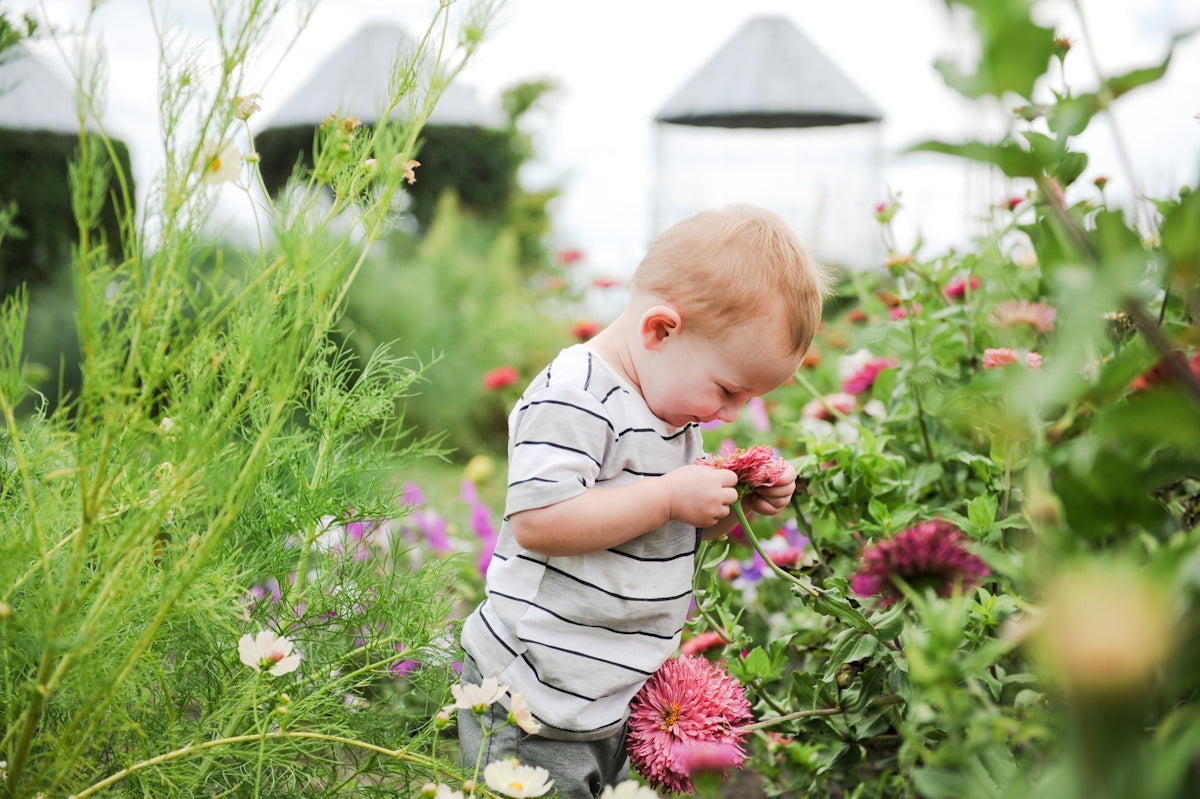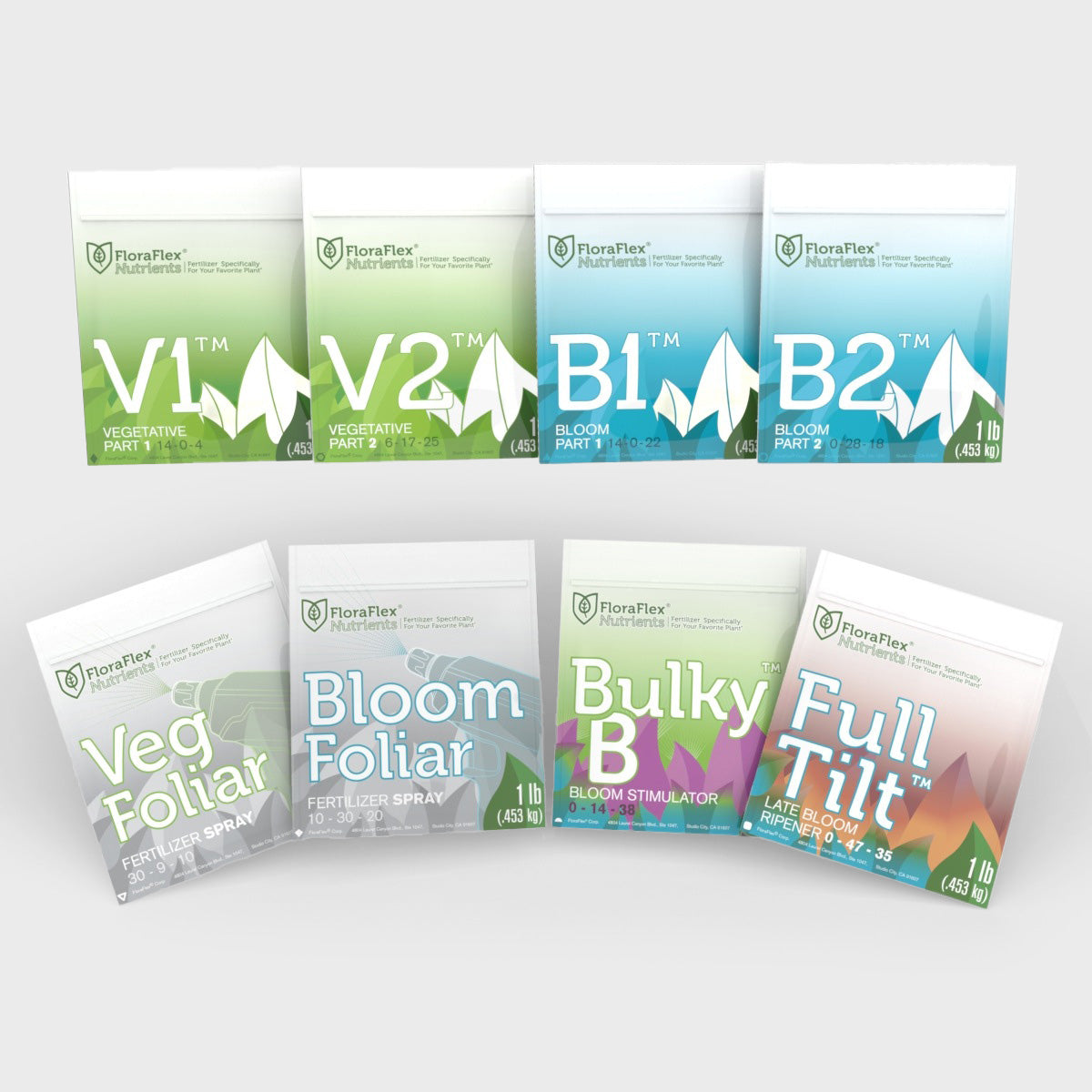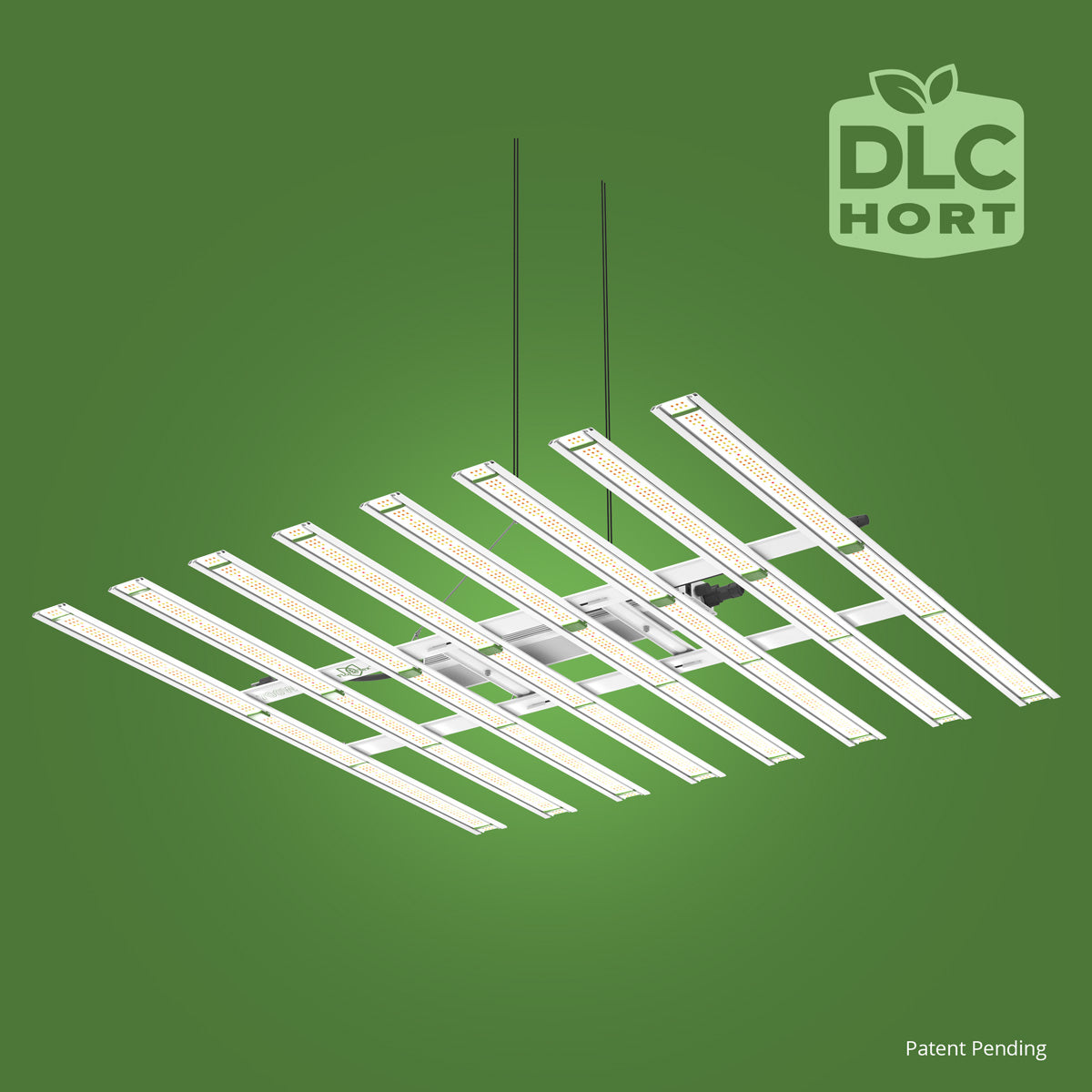Gardening is both an art and a science, as thriving gardens result from the harmonious combination of plants. One effective gardening technique gaining popularity is companion planting, where certain plants are grown together to benefit each other, enhancing growth and yield. Whether you're a seasoned gardener or a beginner, understanding how to leverage these natural plant partnerships can transform your gardening experience.
What is Companion Planting?
Companion planting is the strategic placement of plants in proximity based on their natural relationships. This holistic approach can maximize garden productivity and plant health, reduce pest populations, and improve soil fertility. Traditionally used in organic gardening, companion planting fosters a natural ecosystem that supports biodiversity.
Benefits of Companion Planting
- Pest Control: Certain plants can repel harmful insects. For example, marigolds emit a scent that deters nematodes and other pests when planted around vegetables.
- Enhanced Growth: Some plants release natural biochemicals that promote growth in their neighbors. For example, nitrogen-fixing plants like peas and beans enrich the soil, benefiting nearby crops.
- Efficient Use of Space: By pairing plants that grow vertically with those that spread horizontally, gardeners utilize space effectively.
- Improved Soil Health: Different plants extract different nutrients from the soil. By rotating companion plants, the soil remains nutrient-rich.
- Increased Harvests: Diverse plantings can lead to more abundant and healthier harvests.
Examples of Companion Planting
- Tomatoes and Basil: Basil improves the flavor of tomatoes and helps repel insects such as flies and mosquitoes.
- Corn, Beans, and Squash (The Three Sisters): This classic trio works symbiotically, with corn providing support for the beans, beans fixing nitrogen in the soil, and squash shading the ground to prevent weeds.
- Carrots and Onions: The strong scent of onions can deter carrot flies, and vice versa.
Tools for Successful Gardening
To maintain a healthy companion garden, regular monitoring and care are essential. An effective tool to assist with this is the 1.5L Pump Sprayer from FloraFlex. This handy equipment helps apply water, nutrients, or organic pest repellents precisely and efficiently, ensuring your plants receive balanced care.
Conclusion
Companion planting is a sustainable gardening practice that echoes the balance found in natural ecosystems. By understanding and utilizing the principles of companion planting, your garden can thrive with reduced need for chemical interventions, leading to a healthier environment and lush, productive plants.
To explore more gardening tools and solutions, visit FloraFlex and embark on your journey to a flourishing and eco-friendly garden.









